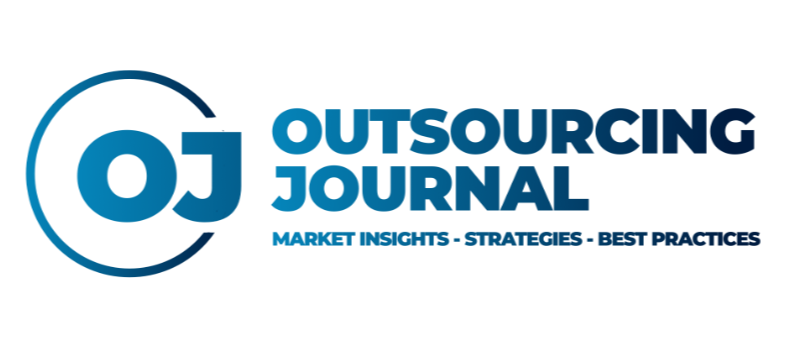The following is part of the analysis of Georgia’s ICT and BSS sector, published in the 2020 Outsourcing Destination Guide Georgia, by German Outsourcing Association. The Guide is available for free download here
The education system of Georgia is being geared towards
labour market requirements. The country is a member of the Bologna Process since 2005, which ensures standards and quality of higher-education qualifications. Currently, there are 62 HEIs and 66 VETs in the country. English is a mandatory foreign language taught at universities. However, 10-20% of students choose German and other European languages as their 2nd option.
Leading universities with the number of students, variety of foreign language courses and enrolling student intake in STEM programs include Tbilisi State University, Ilia State University, and Georgian Technical University. The upcoming project of new flagship regional higher educational institution Kutaisi International University (KIU) will receive the first intake of enrolling students in September 2020. Total project budget amounts to 1 billion Euros. The university will deliver study programs in Science and Computing, Mathematics, Management and will be based on the Technical University of Munich (TUM) model.
The average annual amount of tertiary graduates in the country is 24,000. Over the past five years, around 70% of students graduated from programs of education and humanities, business administration, law, social sciences, science and IT delivering 18,000 individuals annually as a fresh talent pool to be employed in the business services sector. STEM-related graduate output of 3,000 may seem modest, but within the country size still represents a significant surplus enabling foreign companies to recruit a young and productive workforce responsive to further training.
This text is an abstract of the market overview published in the Outsourcing Destination Guide Georgia, which is available for free download here.

